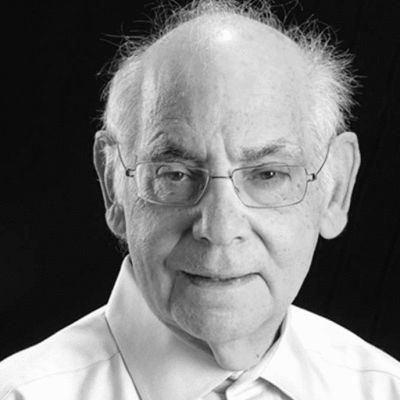What Is RMP ?
Learn to use the scientifically proven approach to understanding motivation. The 16 basic desires of human nature assessed by the Reiss Motivation Profile®️ determine our values, predict our behavior, influence the development of our personality traits, and create harmony or conflict in our interpersonal relationships.
The 16 Basic Desires
Acceptance: The basic desire for Acceptance is the desire for positive self-regard. It motivates people to avoid criticism and rejection. It also motivates evaluation anxiety. Acceptance is the basic desire most relevant to self-esteem. It is about being valued for who we are.

Beauty: The basic desire for Beauty is the desire for aesthetically appealing experiences. It motivates an interest in art, design, and fashion.
Family: The basic desire for Family is the desire to raise one’s children. It motivates people to spend time with their children and to place their children’s needs before their own. It also motivates the desire to spend time with siblings.

Eating: The basic desire for Eating is the desire to consume food.
Curiosity: The basic desire for Curiosity is the desire for understanding.

Honor: The basic desire for Honor is the desire for upright character. It motivates people to embrace moral codes of conduct, to be loyal to their parents as well as other ancestors, and to take pride in their ethnic heritage.
Independence: The basic desire for Independence is the desire for self-reliance. It motivates people to value their personal freedom and to make their own decisions. It also motivates attitudes toward individuality, or how important it is to the person to stand out as an individual.

Idealism: The basic desire for Idealism is the desire for social justice. It motivates people to become involved in social causes, pay attention to current events, and support charities.
Physical Activity: The basic desire for Physical Activity is the desire for muscle exercise. It motivates people to engage in physically vigorous activities such as sports.

Status: The basic desire for Status is the desire for respect based on social standing. It motivates people to value wealth, fame, and prestige.
Order: The basic desire for Order is the desire for structure and stability. It motivates people to plan, schedule, and organize.

Tranquility: The basic desire for Tranquility is the desire to avoid experiencing anxiety and pain. This desire influences attitudes toward safety, danger, adventure, and risk.
Power: The basic desire for Power is the desire for influence of will. Power drives hard work, determination, and the need for achievement. It also can motivate the desire for leadership.

Vengeance: The basic desire for Vengeance is the desire to confront those who frustrate or offend us. Common provocations are threats to an individual’s status, territory, or children; competition for resources; strange or unfamiliar people; and aggressive behavior by others. The desire for Vengeance motivates the competitive spirit.
Saving: The basic desire for Saving is the desire to collect things. Saving influences how well people take care of the things they own as well as their attitudes toward spending.

Social Contact: The basic desire for Social Contact is the desire for companionship. This basic desire is about friendship with peers and does not include companionship with parents and children.
About Professor Steven Reiss
Steven Reiss, Ph.D. was Professor of Psychology and Psychiatry at The Ohio State University.
He graduated from Dartmouth College, earned his doctorate in psychology from Yale University, and completed a clinical internship at Harvard Medical School.
Prior to developing the Reiss Motivation Profile®, he created two other widely-used measures: the Anxiety Sensitivity Index, which assesses anxiety disorders and which has been translated into more than 20 languages, and the Reiss Screen for Maladaptive Behavior, the leading tool for identifying mental health issues in people with developmental disabilities. Reiss authored five books on the RMP, published 17 articles in prestigious scientific journals about the test’s reliability and validity, and gave invited talks in 13 countries on The Science of Motivation®.
